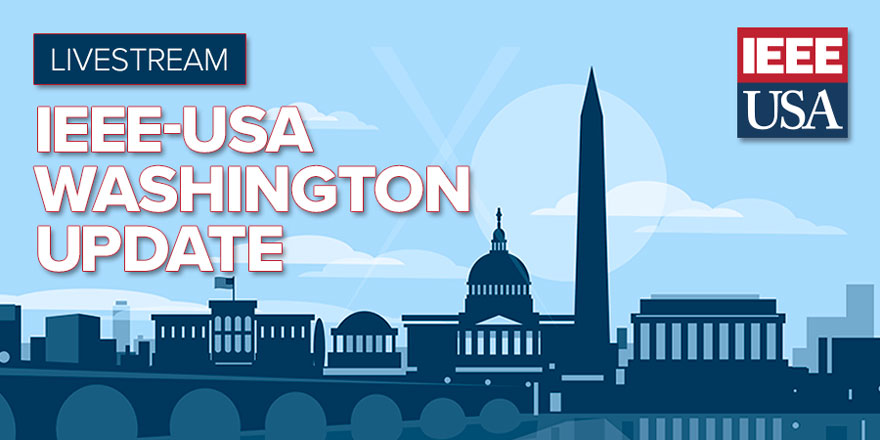Mission
IEEE-USA created the Energy Policy Committee (EPC) to assist in the resolution of energy problems in the United States through the provision of rational, sound, technical, and professional counsel based upon the best resources available from the IEEE. A major portion of EPC’s efforts are directed towards energy-related activities of the legislative and executive branches at all levels of the U.S. government.
The EPC may address all aspects of the U.S., regional, state or local energy situation where the engineering knowledge and skills of IEEE members can make a constructive contribution. The committee may provide a vehicle for presenting the sound technical views of the IEEE to the public and appropriate elements of government. EPC will prepare and present positions in accordance with IEEE-USA procedures on any aspect of governmental energy policy within the technical and professional competence of IEEE. The committee works to provide balanced, technically sound information on energy related matters to U.S. IEEE members.
Priority Issues & Activities
IEEE-USA will support proactive energy policies designed to serve energy users’ needs in an economically and environmentally sound manner, while protecting American national security. Priorities include:
- modernizing the electrical energy infrastructure by transforming the network into an intelligent grid and strengthening the transmission and distribution systems as needed to improve security, maintain reliability, and optimize the benefits of renewable energy sources;
- preparing an engineering and skilled trade workforce that has the necessary knowledge and skills to design, plan, construct, operate, and maintain modern energy delivery systems;
- diversifying energy sources in the transportation sector to increase the security of our transportation system, improve its energy efficiency, and reduce emissions;
- promoting security as part of the critical infrastructure and intelligent grid design through implementation of technologies that are tamper-resistant and resilient to direct physical- or cyber-attacks; and
- reducing institutional barriers to engineering solutions that involve technologies required to operate across jurisdictional and information architectural boundaries.
Position Statements
Statements marked with an asterisk (*) are currently under review with updates expected in 2024.
- Technology Evolution and Electric Market Reform (Nov 2022)
- Fusion Energy (June 2022)
- Commercial Nuclear Energy and Technology Leadership (June 2022)
- Electrified Transportation (Nov 2021) *
Policy Correspondence
- IEEE USA and IEEE PES Joint Task Force report for the White House/DOE Quadrennial Energy Review (2016, 2014)
- Statement to the Senate Energy and Natural Resources Committee for its hearing on The Outlook for Energy Innovation in the United States (7 Feb 2019)
- Joint IEEE-USA & IEEE-PES comment in response to the Department of Energy’s RFI on the proposed Energy Storage Grand Challenge (31 August 2020)
White Papers
- Building an Intelligent Electric Grid for the 21st Century (Dec. 2020)
- Electrified Transportation (Dec. 2020)
- Technology Evolution and Electric Market Reform (Apr. 2020)
Resources
- U.S. Senate
- U.S. House of Representatives
- Senate Committee on Energy and Natural Resources
- House Commerce Subcommittee on Energy
- House Science Subcommittee on Energy
- The White House
- Department of Energy (DOE)
- U.S. Department of Energy Office of Scientific and Technical Information
- DOE Office of Energy Efficiency & Renewable Energy
- DOE Energy Information Administration
- DOE Office of Energy Research and Development
- DOE National Laboratories
- Map of DOE National Laboratories
- Federal Energy Regulatory Commission
- National Institute of Standards and Technology
- Nuclear Regulatory Commission
Committee Chair

Panos Moutis
Staff Contacts
Erik Heilman
Director, IEEE-USA Government Relations
e.heilman@ieee.org
+1 202 530 8325
Get Involved
The Energy Policy Committee (EPC) invites U.S. IEEE members who have an interest in energy policy coupled with expertise in energy issues and who are willing to be active contributors to the committee’s activities to join the committee as a corresponding member. As a corresponding member, you will be invited to comment on draft position statements and testimonies, as well as participate in the business of the committee. To become a corresponding member, please contact government-relations@ieeeusa.org.









